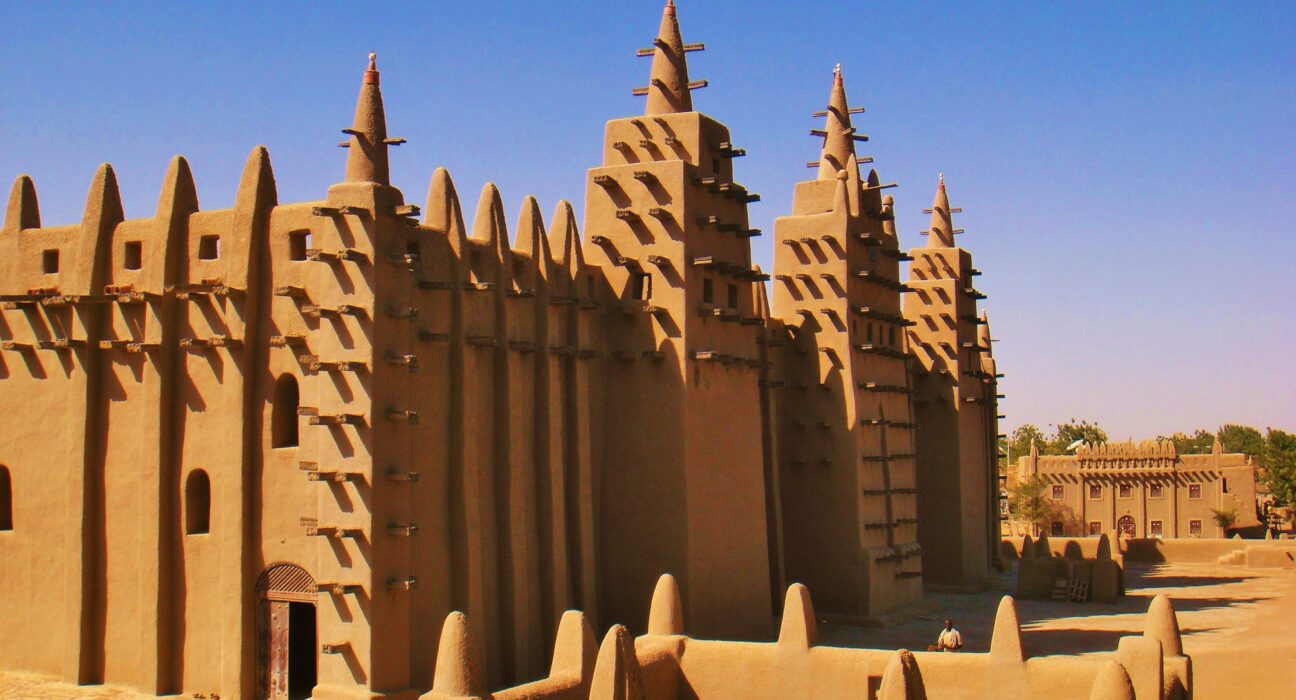Mali faced a wave of violence as its armed forces engaged in a fierce battle against al Qaeda-linked militants. The conflict unfolded through a series of simultaneous and coordinated attacks on military posts across central and western regions. A total of 80 militants were reported to have been neutralized by the Malian troops in response to these assaults.
The strategic attacks, spanning seven towns and cities near the borders with Senegal and Mauritania, posed a significant threat to national security. The Jihadist Jama’at Nusrat al-Islam wal-Muslimin (JNIM) group claimed responsibility for orchestrating what they described as
“coordinated and high-quality attacks.”
Their operations included seizing control of three army barracks, highlighting the level of sophistication employed by these militant factions.
In light of these hostilities, regional authorities in Kayes and Dioïla imposed a 30-day overnight curfew to safeguard civilians from further violence stemming from the incursions into the Kayes region. These events mirrored previous offensives carried out by insurgent groups targeting military installations not only in Mali but also in neighboring Burkina Faso.
The unrest comes amidst Mali’s ongoing struggle against insurgencies affiliated with both ISIS and al-Qaeda, spanning over a decade. Additionally, historical tensions with Tuareg-led rebellions in the northern territories have added layers of complexity to the country’s security challenges.
General Michael Langley, head of the US Africa Command (AfriCom), underscored the gravity of the situation by labeling the Sahel region—encompassing Mali, Burkina Faso, and Niger—as
“the epicenter of terrorism on the globe.”
He raised concerns about Islamist factions seeking to expand their influence towards West Africa’s coastline. This expansion could potentially enhance their financial resources through illicit activities such as human trafficking, smuggling operations, and arms trading.
As Mali remains entrenched in this protracted conflict against violent extremist groups, it underscores not only a local security concern but also echoes broader regional implications that necessitate concerted efforts from international partners to address effectively.

